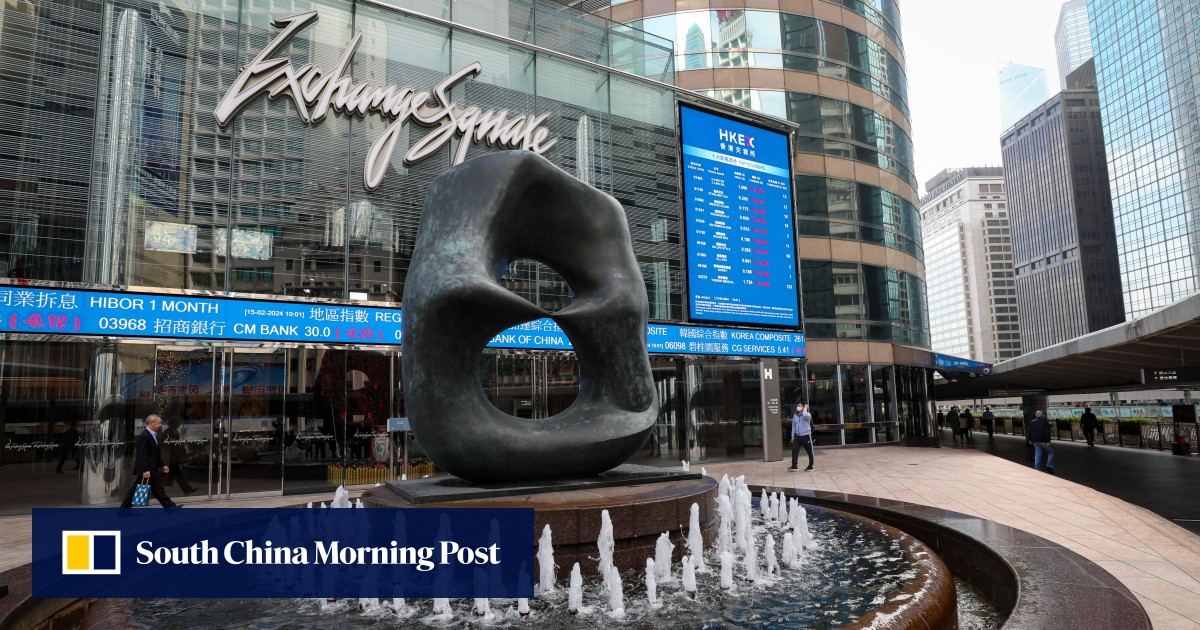The Hang Seng Index lost 0.1 per cent to 16,578.95 as of local noon trading break, after rising as much as 0.3 per cent earlier in the session. The Tech Index lost 0.4 per cent while the Shanghai Composite Index added 0.2 per cent.
Policymakers are likely to set a growth target of “around 5 per cent” for the economy, an official on-budget deficit of 3 per cent, and approve the issue of 1 trillion yuan Central Government Special Bonds to boost the economy, according to Goldman Sachs.
“The market may maintain its volatility under the backdrop of policy speculation during ‘two sessions’,” Dai Qing, analyst at Changjiang Securities, said in a note on Monday. Failing to meet the expectations might lead to increased uncertainty and dampen market sentiment, he added.
‘Worst is over’ for Hong Kong property even though sales dropped in February: analysts
‘Worst is over’ for Hong Kong property even though sales dropped in February: analysts
More data out later this week is likely to show China’s economy is on the mend. The Caixin PMI Services Index, due Tuesday, is expected to rise to 52.9 from 52.7 in January. Consumer price data due Friday is likely to snap the four straight months of deflation while showing a rise of 0.2 per cent, according to economist estimates polled by Bloomberg.
Elsewhere, Shenzhen Stock Exchange added 22 stocks, including Shimao and Evergrande Property Services into the list of securities eligible for southbound trading. Meanwhile 27 stocks including China Huarong and Gome Retail were removed.
Other key Asian markets were broadly higher. Japan’s Nikkei 225 climbed 0.6 per cent to breach the 40,000 level for the first time as foreign investors continue to snap up local shares amid the country’s ultra-loose monetary policy and corporate governance reforms. South Korea’s Kospi Index jumped 1.2 per cent while Australia’s S&P/ASX 200 declined 0.2 per cent.
